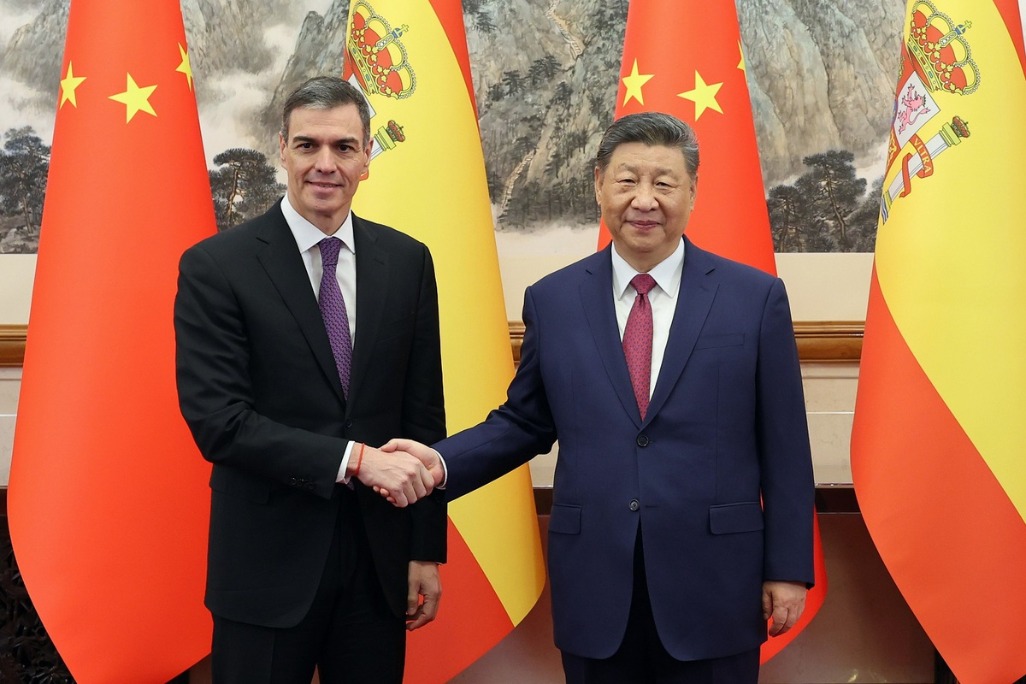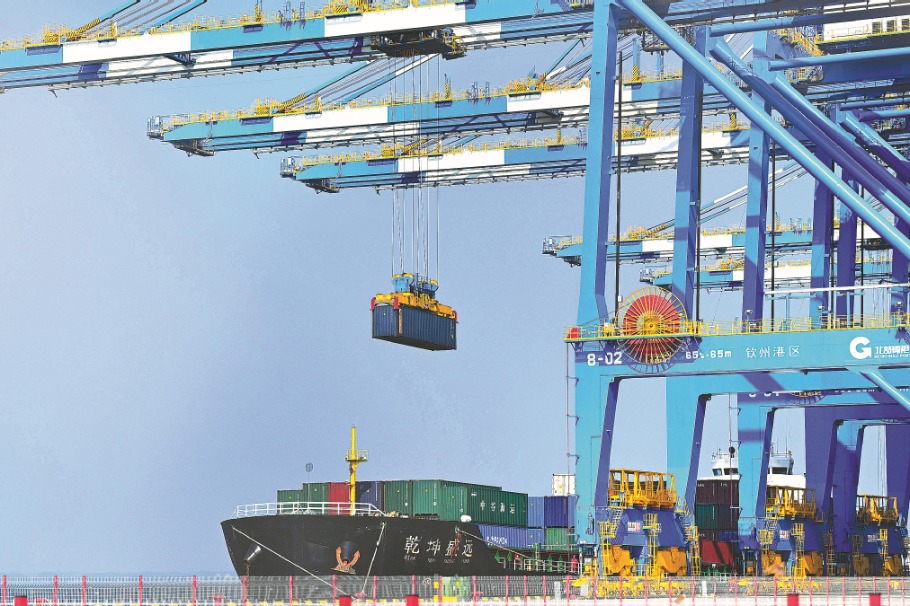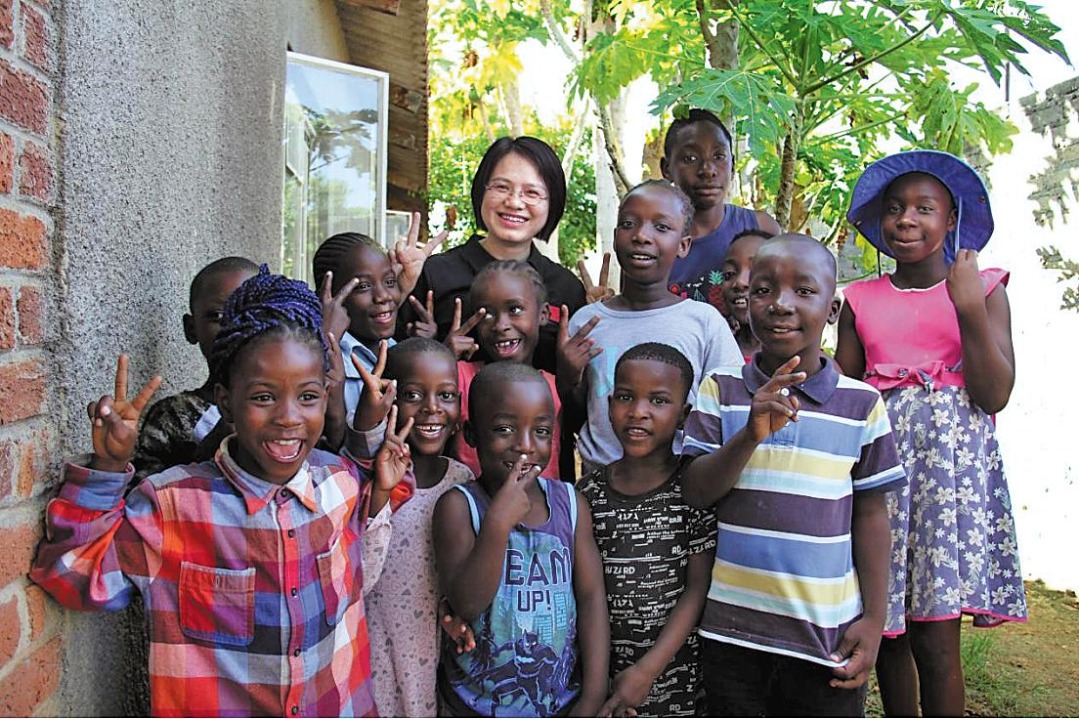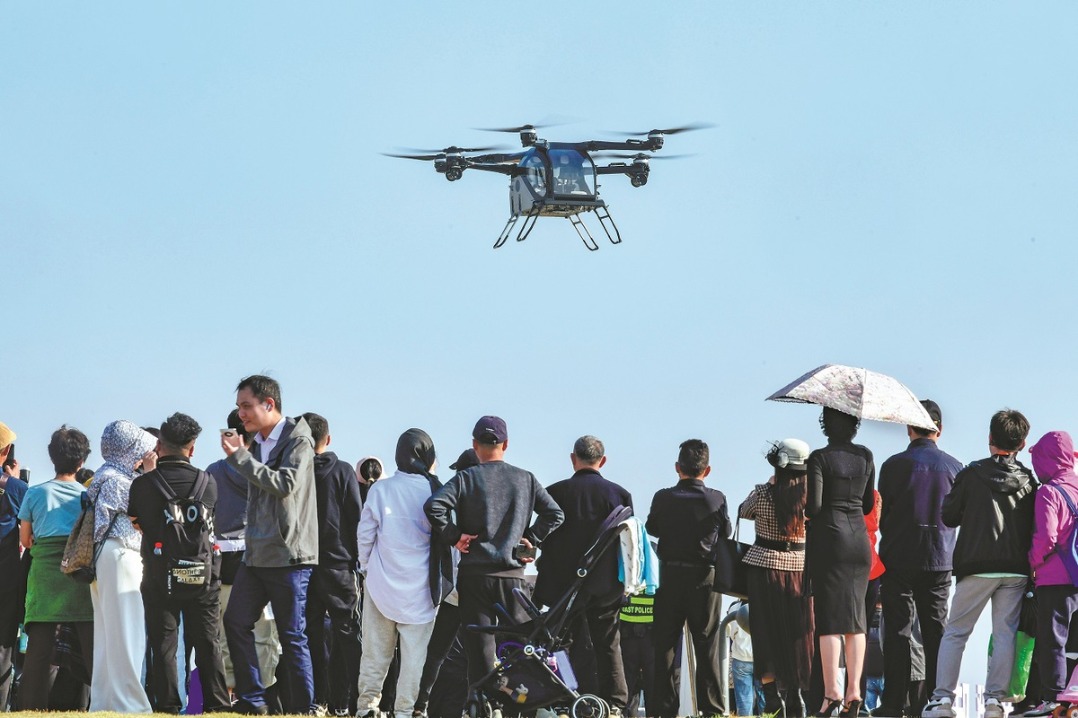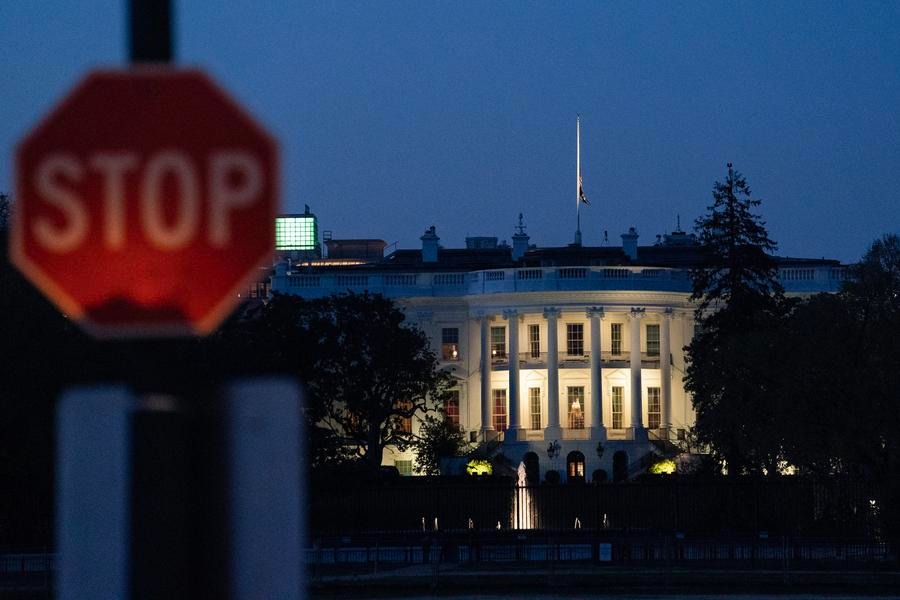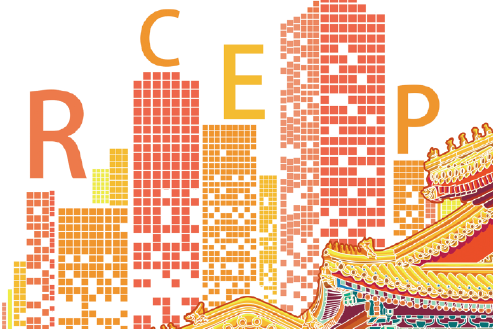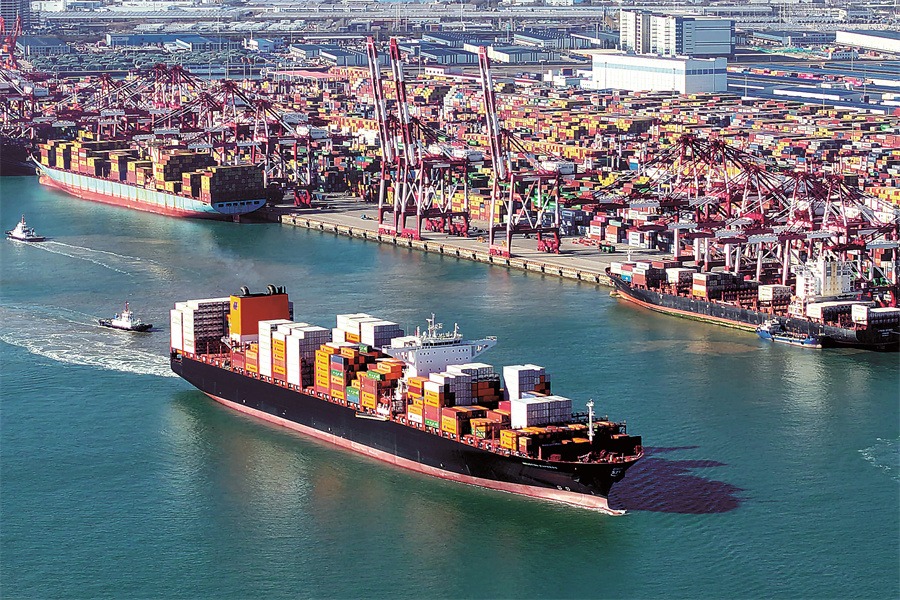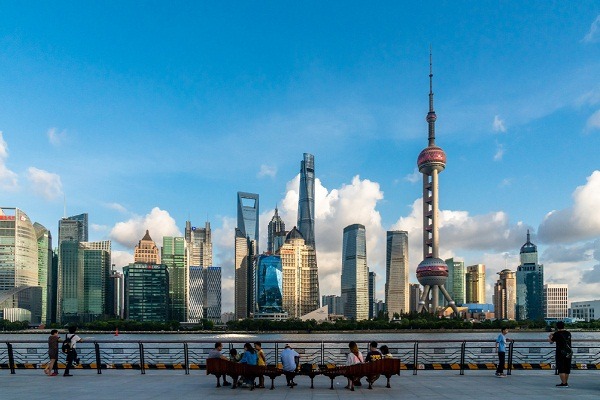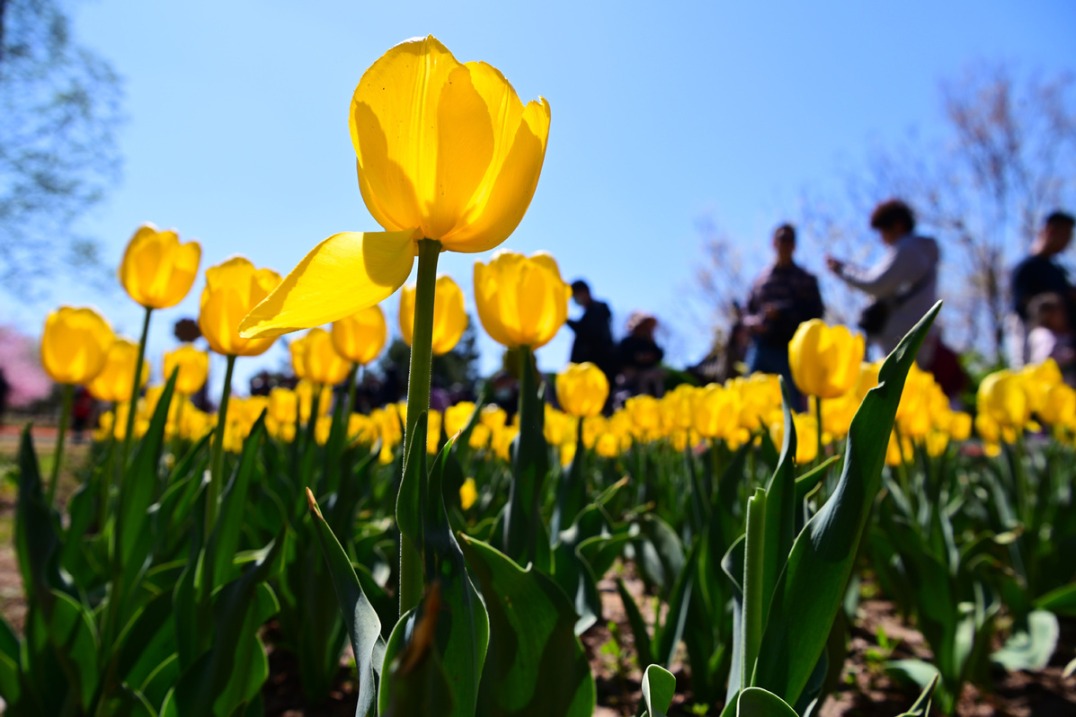Fears of tariffs making America a hostile state among Africans

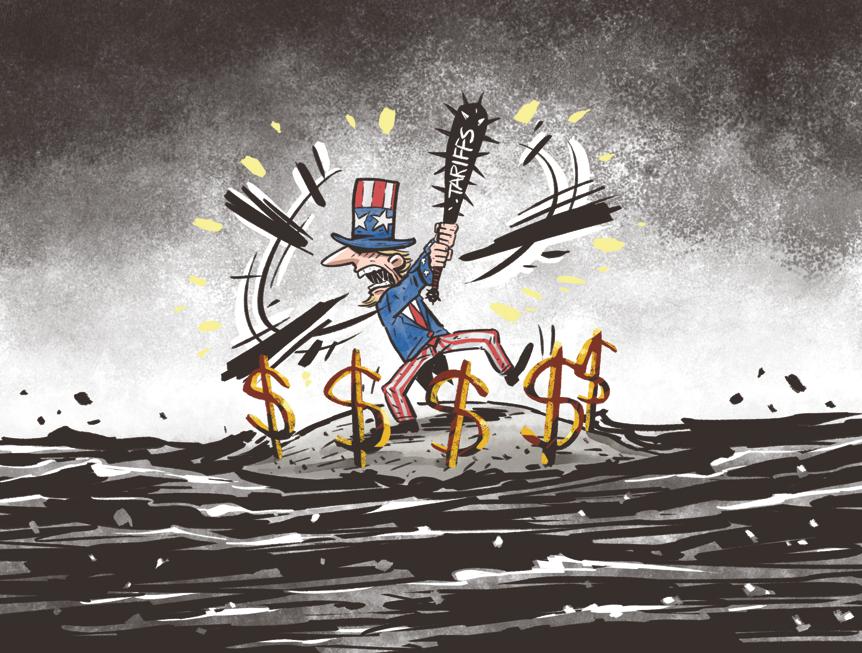
The US sweeping tariffs are sending shockwaves around the world. But in no way is such fear as palpable as it is in Africa. The tariff blitz is posing a death blow to embattled African countries' economies, particularly in tiny Lesotho – a landlocked southern African country that was hit with the heftiest tariff (50 percent). With its textile industry heavily reliant on the US market, Trump falsely claims that Lesotho – whose perilous economy makes it among the poorest in the world – had an unfair trade over America.
The sudden rise in tariffs threatens established US trade ties with African nations. While Egypt is among the African countries that received the lowest tariff (10 percent), its citizens have been deeply angered by the US "tariff war" which they lament will harm Africa most.
The US has imposed tariffs on 50 African countries, with those hardest hit after Lesotho being Madagascar (47 percent), Mauritius (40 percent), Botswana (37 percent), Angola (32 percent), Libya (31percent) and Algeria and South Africa, each with 30 percent. Countries that received tariffs below 30 percent include C?te d'Ivoire and Namibia, each with 21 percent, Tunisia (28 percent), Zimbabwe (18 percent), Malawi (18 percent), Zambia (17 percent), Mozambique (16 percent), Nigeria (14 percent) and Chad and Guinea, each with 13 percent, Cameroon (12 percent) and DR Congo (11 percent). Benin, Egypt, Ethiopia, Ghana, Kenya, Liberia, Morocco, Niger, Rwanda, Senegal, Sierra Leon, Sudan, Tanzania, Togo and Uganda are among the countries that will be levied a 10 percent base tariff.
The sweeping tariffs on most goods imported to the US will regrettably undermine the benefits previously granted to African countries under the African Growth and Opportunity Act (AGOA) whose goal is to assist and lift them out of poverty, which is due for renewal in September. Passed in 2000, AGOA offers African producers duty-free access to the American market for specific products. Another blow to the black continent is US massive cuts to the US Agency for International Development (USAID) which have resulted in the cancellation of billions of dollars in humanitarian assistance to many African countries.
There is an African displeasure en masse in response to tariffs, which are considered to hamper African countries' ability to earn foreign currency that is vital for paying their debts. His seismic shift could constitute a death knell for the America-Africa trade ties and make Africans view America as a hostile state. The question now is what's next for Africa? Can African countries navigate US trade wars?
Bewildered by how to tackle a changing world order, Trump is battling to redefine America's new role on the global scene. He has failed to interact with the rest of the world and miscalculated the dire effect that tariffs will have on the global economy.
Risky tariff policies exhibit the rupture in the American empire and a reluctance to recognize a rising East against a declining West. The slogan "Make America Great Again" carries with it a desire to restore the unipolar world in which America sat as a hegemon at the peak of the post-1945 world order.
The American empire, the global Pax-Americana, is in deep crisis - Ukraine, Gaza, and Yemen - together with domestic division and economic hardship. Large US debt and the rise of a strong Chinese economy over the past two decades have changed the global world order, with America losing world trust in it being a security guarantor. This is a rising global discontent with Washington's silence on the Israeli genocide of Palestinians, foreign aid cuts, withdrawal from the World Health Organization and the Climate Agreement, the possibility of a TikTok, and disregard for to rise of homelessness and unemployment in America.
As Africa reels from US tariffs, it is imperative for African politicians to comprehend that the tariffs are an endeavor to counter the emergence of a new world order - to rescue an America that is in chaos. Yet, African states should seek negotiation with the US rather than retaliation over its tariffs. But they also need to understand that America is interested in selling not buying goods. Hence, they should bolster their regional markets - their intra-African trade - particularly if AGOA is not renewed.
It is high time that the US realizes that the East (China, Russia and India) doesn't pose a threat to America and that his tariffs will prove counterproductive and damaging to the US and world economies. It is also crucial that Africans - in a bid to mitigate the worst impacts of the tariffs - embrace diversification policies for their countries' export markets and reduce their reliance on America.
Mohamed El-Bendary is a Cairo-based independent journalist whose commentaries have appeared in international media outlets. The views don't necessarily reflect those of China Daily.
If you have a specific expertise, or would like to share your thought about our stories, then send us your writings at [email protected], and [email protected].
















